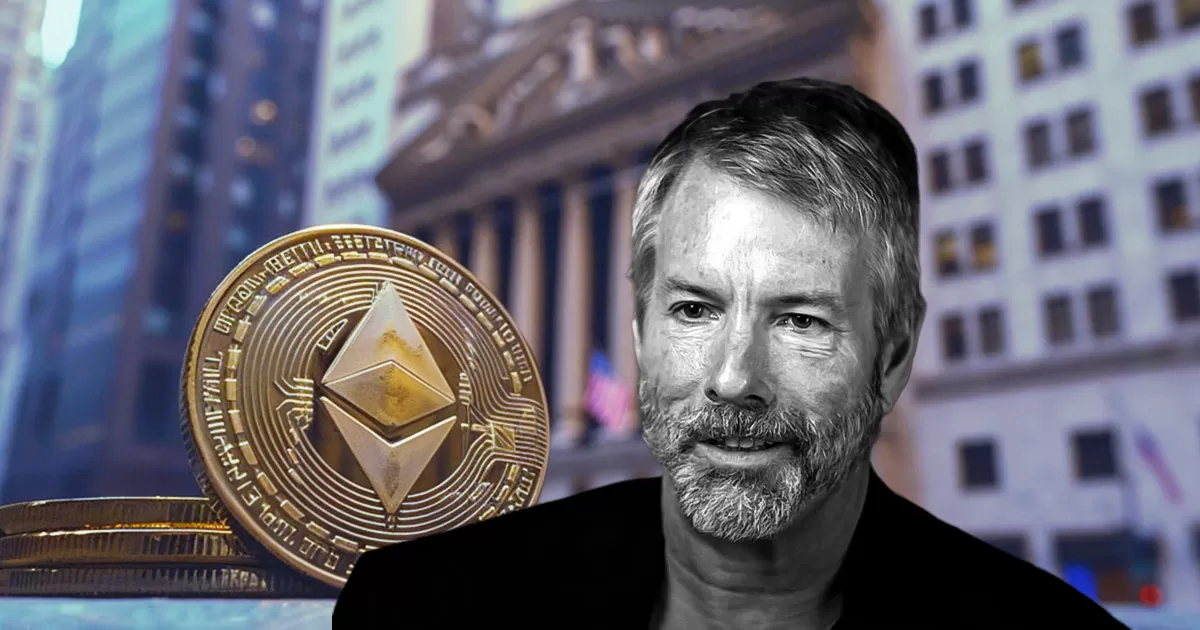-
Montenegro’s Constitutional Court upheld the decision to extradite Do Kwon, the Terraform Labs co-founder, marking a key moment in crypto-related legal proceedings.
-
The ruling eliminates a significant hurdle for U.S. authorities, who are eager to bring Kwon to face charges related to the $40 billion collapse of his crypto projects.
-
“This extradition highlights the increasing determination of global law enforcement agencies to crack down on crypto fraud,” said a source at COINOTAG.
The extradition of Do Kwon signals a pivotal moment in crypto law enforcement, as he faces serious charges over the collapse of Terraform Labs.
Do Kwon’s Extradition Process and Implications for Crypto Regulation
The recent rejection of Do Kwon’s appeal by Montenegro’s Constitutional Court underscores the increasing collaboration among international law enforcement regarding cryptocurrency crimes. The court’s ruling reinforces the legal framework under which extraditions can occur for alleged financial fraud, which has significant implications for future cross-border crypto regulation.
The justice minister of Montenegro is now tasked with the pivotal decision of whether Kwon will be sent to the United States or South Korea. This decision is under scrutiny, as both nations have laid claim to Kwon for his alleged involvement in the crypto collapse that resulted in significant investor losses. Understanding this extradition process will be vital for assessing how governments handle financial crimes in the rapidly evolving crypto landscape.

As it stands, the fallout from the $40 billion collapse of Kwon’s Terra ecosystem has resonated beyond financial markets, shaking investor trust and prompting increased scrutiny on crypto regulations worldwide. In particular, this case serves as a critical precedent for how countries might handle similar cases of fraud and mismanagement in the future.
The Cross-Border Challenges in Crypto Enforcement
The Kwon case is emblematic of the broader challenges faced by law enforcement when tracing and prosecuting financial crimes in the cryptocurrency sphere. The U.S. has been sharply focused on improving the enforcement of financial crimes, especially in light of the 2022 crypto winter that revealed numerous cracks in the security and regulation of crypto assets.
After Kwon’s arrest in Montenegro with a falsified passport, legal experts noted this incident could shape future extradition treaties and legal protocols for handling crypto fraud. Montenegro’s constitutional ruling allows Kwon’s case to be a touchstone for international cooperation against financial crimes, especially as the regulatory landscape continues to evolve.

As global crypto markets remain volatile, this extradition saga illustrates the tension between innovation in the digital currency space and the traditional frameworks of law enforcement that are often ill-equipped to handle such rapid developments.
Conclusion
The latest developments in the legal situation surrounding Do Kwon illustrate the necessity for enhanced legal frameworks to manage cross-border cryptocurrency issues. As legal proceedings advance, the focus on accountability could shape the future of crypto regulation profoundly, emphasizing the need for international cooperation. With Kwon facing serious allegations and substantial financial penalties, the outcome of this case could herald a new era of transparency and regulation in the crypto space.
Source: https://en.coinotag.com/montenegro-courts-ruling-on-do-kwon-could-pave-the-way-for-u-s-extradition-amid-ongoing-legal-challenges/








Leave a Comment